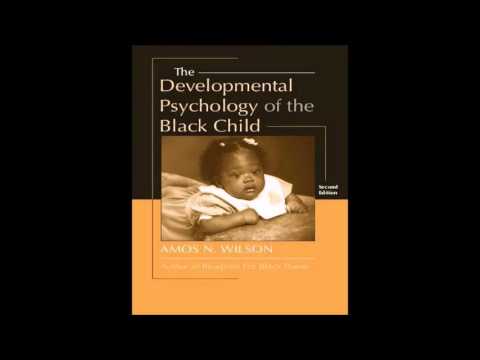



The idea that we must necessarily arrive at a point greater than that reached by our ancestors could possibly be an illusion. Any philosophy of education or approach which failed to do so was inadequate. Wilson argued that the function of education and intelligence was to solve the problems particular to a people and nation, and to secure that people and nation's biological survival. He believed these power differentials, and not simply racist at*udes, was chiefly responsible for the existence of racism, and the continuing domination of people of African descent across the globe-white people exercise racism because they have the power to do so."Īs a scholar of Africana studies, Wilson felt that the social, political and economic problems that Blacks faced, the world over, were unlike those of other ethnic groups and thus, he argued that the concept of "equal education" ought to be abandoned in favor of a philosophy and approach appropriate to their own needs. Views on power and racismĪccording to, "Wilson believed that the vast power differentials between Africans and non-Africans was the major social problem of the 21st century.

As an academic, Wilson also taught at City University of New York from 1981 to 1986 and at the College of New Rochelle from 1987 to 1995. Wilson worked as a psychologist, social caseworker, supervising probation officer and as a training administrator in the New York City Department of Juvenile Justice. Early life and educationīorn in Hattiesburg, Mississippi, in 1940 or 1941, Wilson completed his undergraduate degree at the Morehouse College in Atlanta, Georgia, master's degree at The New School of Social Research, and attained a PhD degree from Fordham University in New York. Amos Nelson Wilson (Febru(or 1940) - January 14, 1995) was an African-American theoretical psychologist, social theorist, Pan-African thinker, scholar, author and a professor of psychology at the City University of New York.


 0 kommentar(er)
0 kommentar(er)
